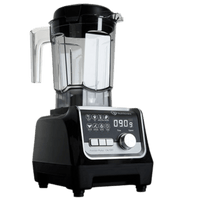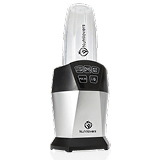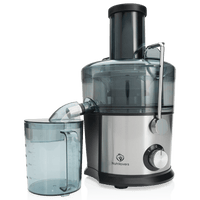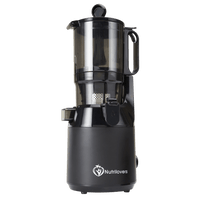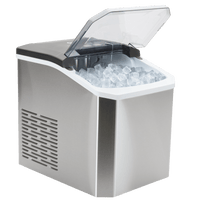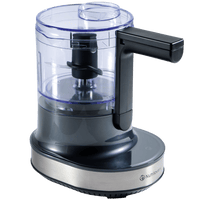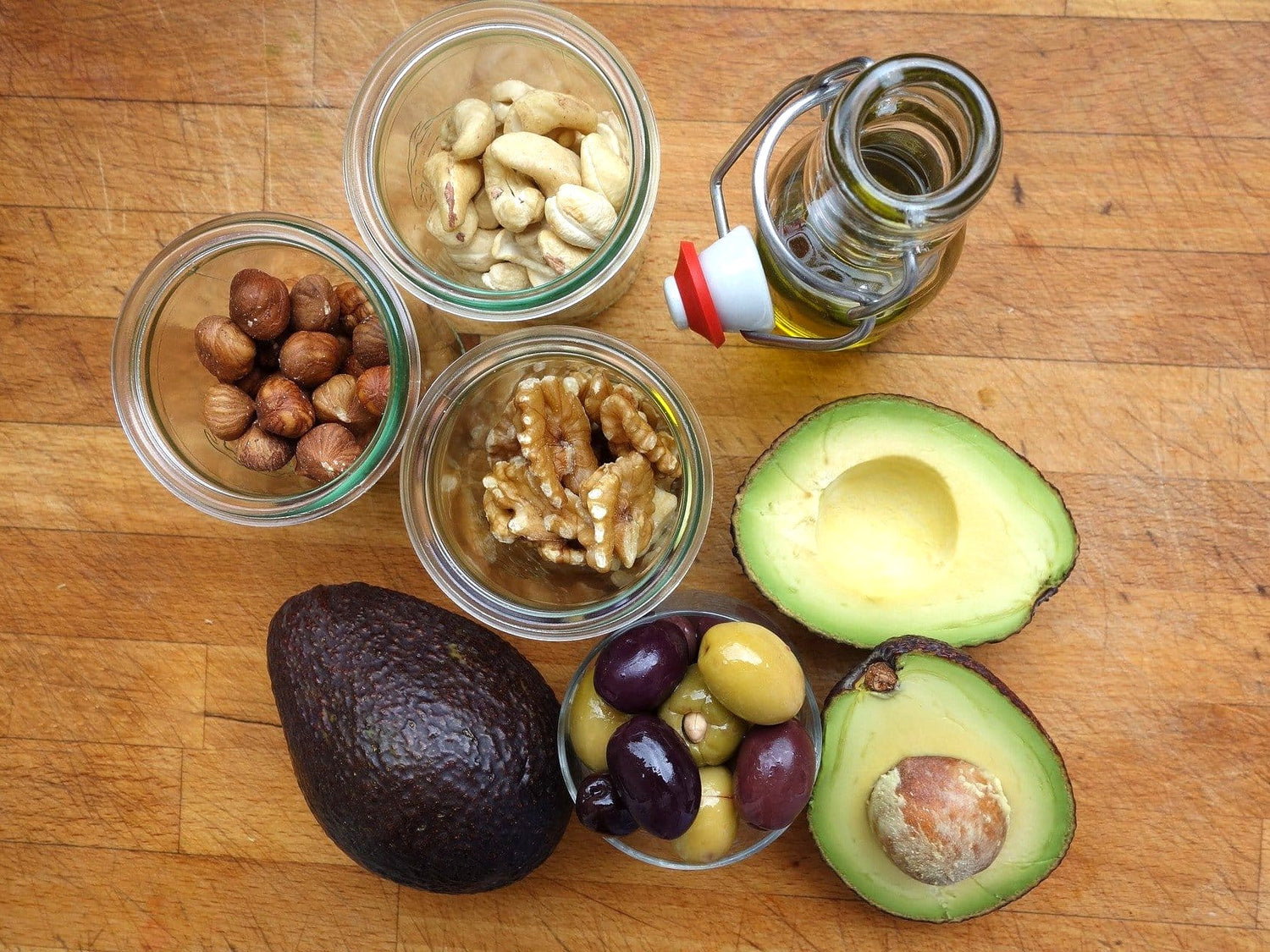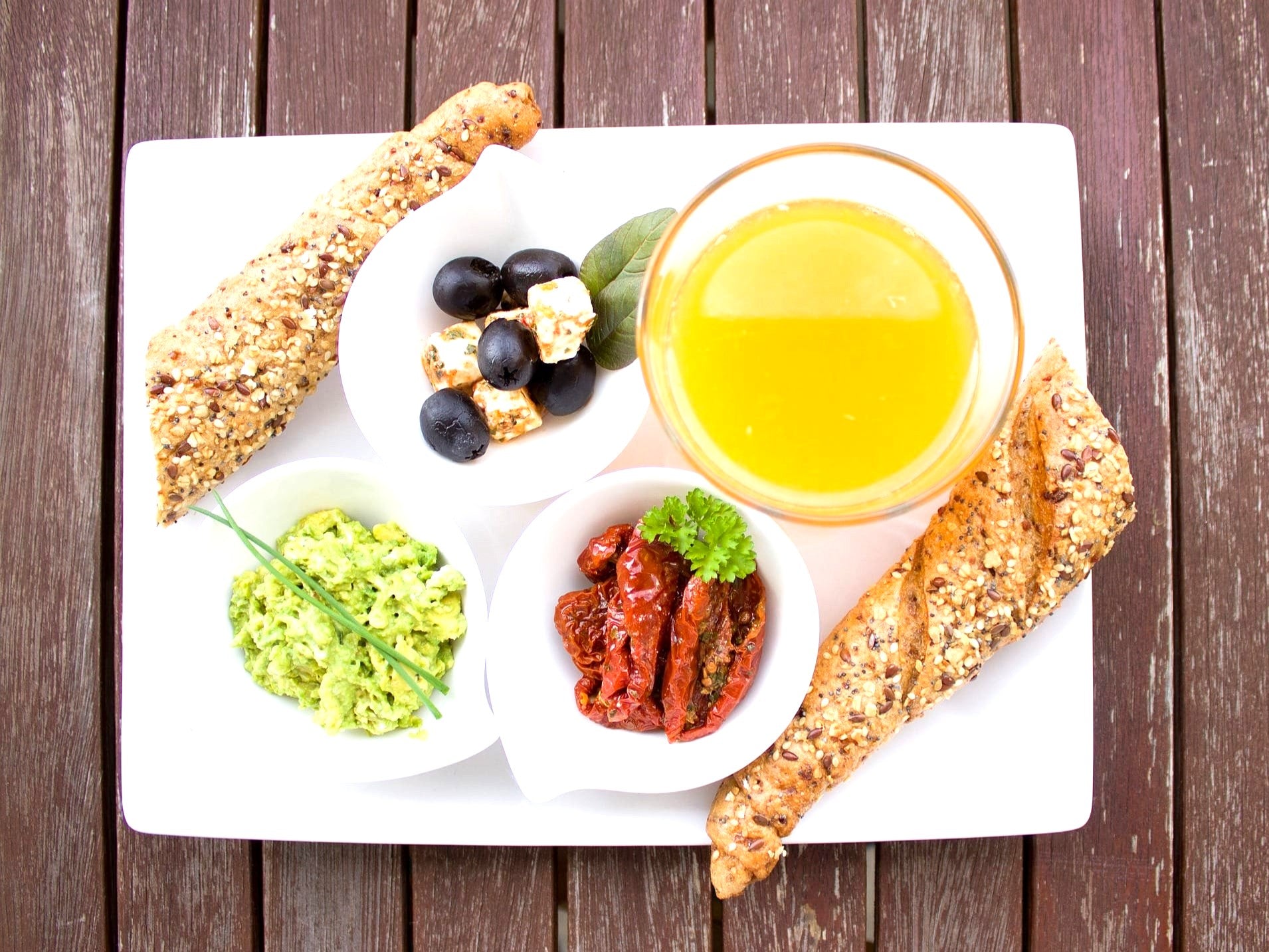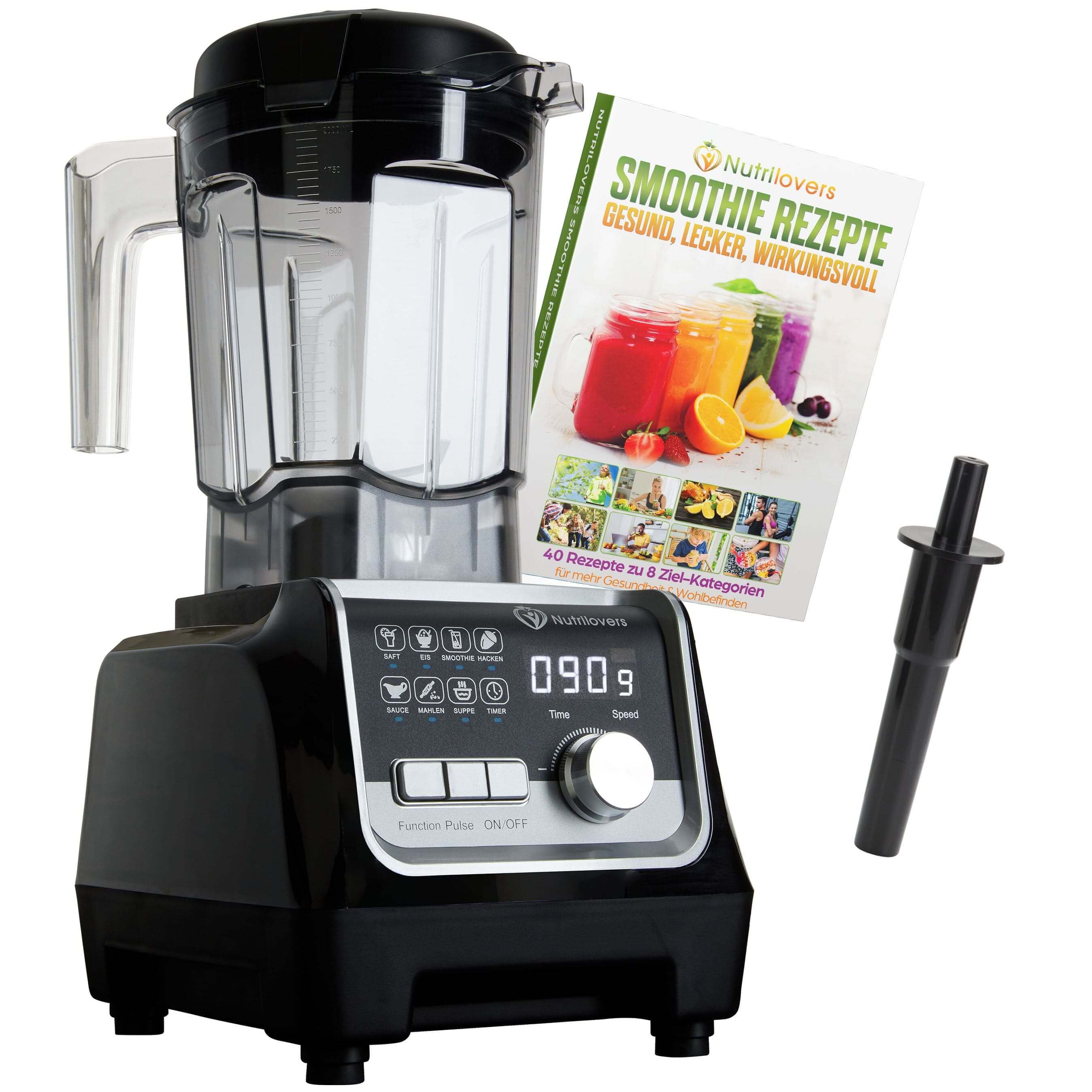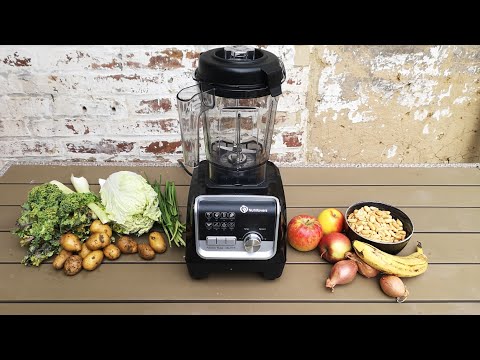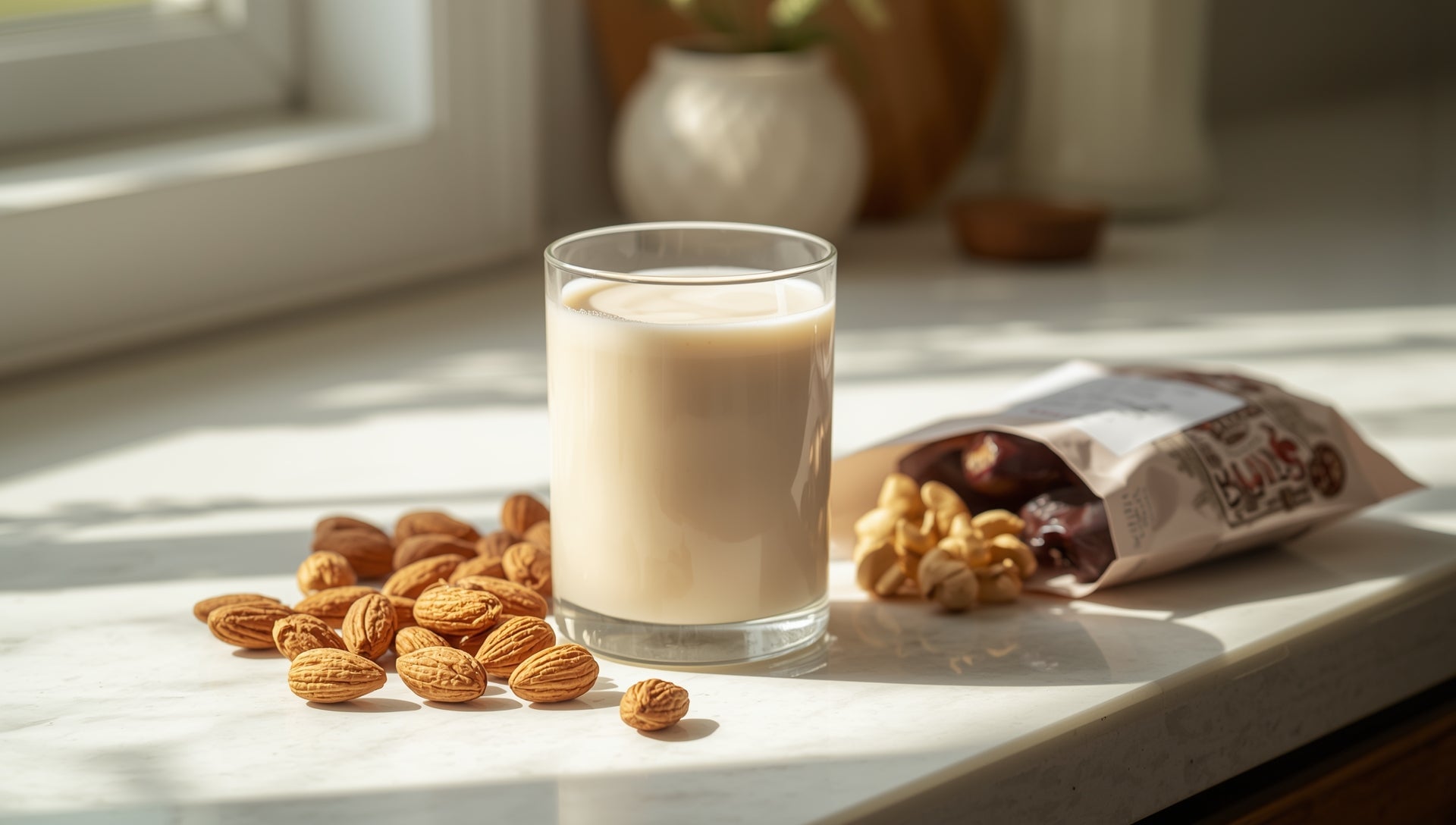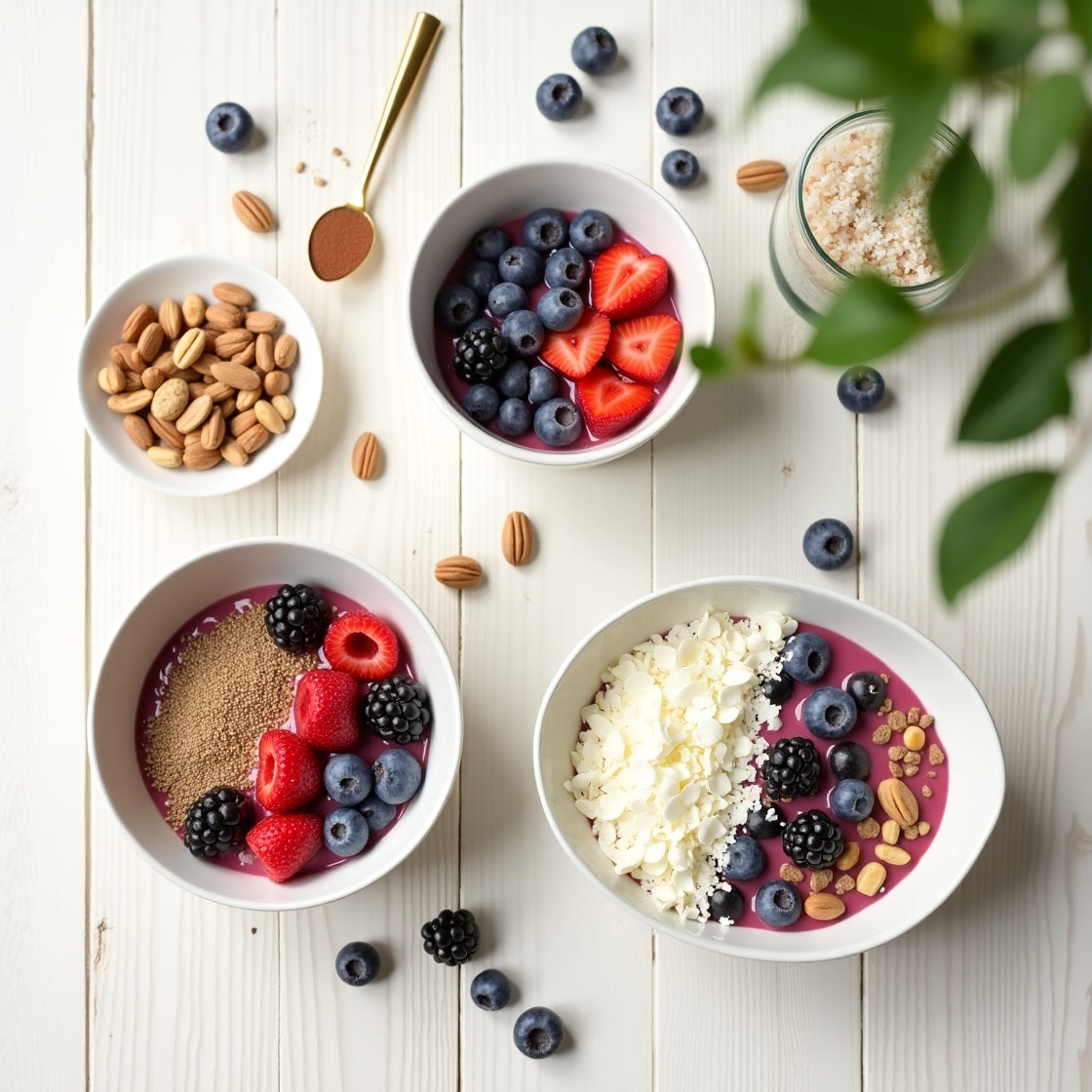Hardly any other topic polarizes as much as the question of truly healthy fats! Ten people have eleven different opinions about fats, and they defend them vehemently. There are various diets and nutritional forms that prohibit all fats and oils, others that boast a high fat content, and then there are those that praise certain fats and oils to the skies. The truth, as with most things, probably lies somewhere in the middle.
In this article, we'll take a look at fats : Which are healthy, which should only be consumed in moderation, and which should we avoid? Let's first look at the current situation. Some fats are currently being particularly recommended due to their healthy properties. These include coconut oil, olive oil, hemp oil, peanut oil, and linseed oil.
Some fats, however, are downright demonized: butter and saturated fats in general, as well as clarified butter, are an absolute no-go for many people.
And: what was that again about trans fatty acids ? What effect do they have on our bodies? And what are trans fatty acids anyway? In our blog post, we'd like to take you on a journey through the world of fats and oils. Because one thing is certain: the body needs a certain amount of fat, for example, to produce our cells (every cell has a lipid (fat) bilayer as a covering) or to absorb certain vitamins. Here you'll learn which fats are good for you and which ones you should avoid. So join us!
Why does our body need fat, and why is fat important? What should I consider when choosing fat?
Maybe you always try to consume as little fat as possible—not entirely unjustified, considering the way fat is portrayed as a nutrient in the press and social media. It's true, fats have a bad reputation. But as is so often the case, fats' reputation is worse than it actually is. First of all: Your body needs fats to absorb certain vitamins. Just think of carrot juice, which you should always drink with a few drops of oil.

Many vitamins such as A, D, E, and K can only be absorbed by the body in conjunction with fats. Your brain also needs fats to function. Healthy fats are also essential for hormonal balance. Fats even play an important role in cell formation (the aforementioned lipid bilayer).
However, it's important that you consume fats in moderation and choose the right types of fat. On average, your body needs between 60 and 80 grams of fat per day.
What are trans fats?
Trans fatty acids, also known as trans fats , are unhealthy fats. They are often hidden in many convenience foods, chips, and snacks.
Trans fats are unsaturated fatty acids. These fats are hardened through chemical processes. This is how they end up in margarine, which is considered so healthy (in fact, margarine is quite unhealthy and owes its good reputation to clever marketing). Trans fats are very popular in industry because, through processing, a small amount of fat can be converted into a large amount of cheap fat . Trans fats can also be found in milk and dairy products.

Industrially produced trans fats, in particular, are extremely unhealthy. They have a negative impact on the heart and circulatory system. Trans fats are partly responsible for many of the so-called diseases of affluence . If you consume too many trans fatty acids over the long term, you increase your risk of heart attacks and other illnesses many times over. Therefore, you should avoid trans fats as much as possible. If you cook fresh food yourself every day, you largely avoid this risk, because trans fats are mainly found in highly processed convenience foods.
Animal fats - advantages and disadvantages

Animal fats come in many forms. They are found in milk, dairy products, and egg yolks. Many fish and seafood also contain fat. The fat obtained from pork or beef bacon is also animal fat.
Butter, for example, contains more saturated fatty acids than unsaturated ones. With salmon, the opposite is true. If you don't want to give up animal fats, you should primarily choose fresh fish and avoid consuming stored fat from beef or pork too often. Why fresh fish? Well, the oil from fatty ocean fish, such as salmon, can protect your coronary arteries and blood vessels, prevent heart disease, and is generally considered very healthy.
Vegetable fats - advantages and disadvantages

From today's perspective, vegetable fats are largely considered to be among the healthiest fats. These vegetable fats consist of polyunsaturated fatty acids and monounsaturated fatty acids.
Vegetable oils and fats from nuts, kernels, and seeds aren't just delicious. Nuts and seeds are excellent energy boosters and also provide many vitamins, minerals, and other healthy nutrients.
The monounsaturated fatty acids found in olive oil, for example, can help lower harmful LDL cholesterol. Polyunsaturated fatty acids are essential fatty acids, meaning they are vital to life. These are found in large quantities, especially in linseed oil, rapeseed oil, and walnuts.
But here, too, you shouldn't consume too much fat. One gram of fat contains about 9 calories. Always keep this in mind when preparing your meals. A lot of vegetable oil also means a lot of calories, just like any other fat.
Why is margarine unhealthy?

Margarine is made from hydrogenated fats. It's practically pure trans fat. It was originally produced as a cheap alternative to butter. If you want to buy margarine simply because you don't want to use butter, you should choose healthy margarine. There are some great products made from vegetable oils these days. Always read the ingredients on the back before buying. Many types of margarine are already labeled "trans fat-free."
Foods with particularly healthy fats
For your salads, you should choose good, high-quality oils. Always keep a small bottle of vegetable oil with you. This will keep it fresh. If you have many large bottles at home, the oil can quickly go rancid. Sesame oil, coconut oil, olive oil, linseed oil, hemp oil—the choices are endless. But healthy vegetable oils are also found in many foods you can snack on or process. Here we've prepared a list of the most important sources of fat for you.
These 7 foods are great vegetarian fat suppliers
1. Walnuts and other nuts
2. Avocados
3. Flaxseed
4. Cocoa
5. Chia seeds
6. Sunflower seeds
7. Olives
These foods are not only rich in monounsaturated and polyunsaturated fatty acids . They are also packed with valuable vitamins, minerals, and phytochemicals. They provide antioxidants and are considered anti-aging foods or superfoods. You can consume these foods in moderation. The fats they contain are not harmful to your health. On the contrary, they support your heart health, your circulation, your nervous system, your hormones, and provide you with the energy you need.
CONCLUSION
Not all fats are created equal. Just because you want to eat healthily from now on, you don't have to or should completely avoid fats and oils. Delicious and aromatic oils can still end up in your salad. Just make sure you choose healthy, plant-based oils.
Vegetable oils also make a great flavor carrier. Try the wide range available. Always buy a small bottle so you always have fresh, flavorful oil at home.
Since your body needs fat, you should also meet this need with nuts, seeds, and kernels . You can use them in salads, bowls, and smoothies, baked into bread, or simply snack on them on their own. Homemade granola bars and energy balls are great ways to get your healthy fat fix.
Avocados are also known to be excellent sources of healthy fats. Avocados in salads, as a spread, on toast, or in a bowl are not only delicious but also healthy.
The only truly healthy animal fats come from fatty ocean fish. You should avoid the rest of the animal fats, and you should also stay away from cheap margarine, convenience foods, and highly processed foods. These are full of trans fats, which are closely linked to heart attacks and other health problems.


